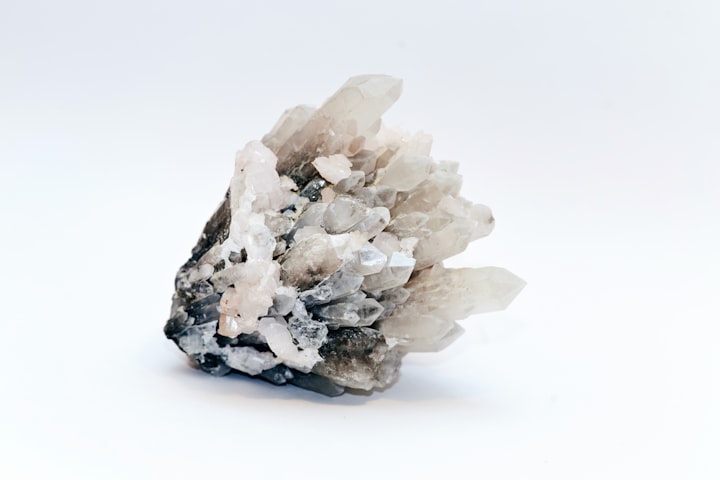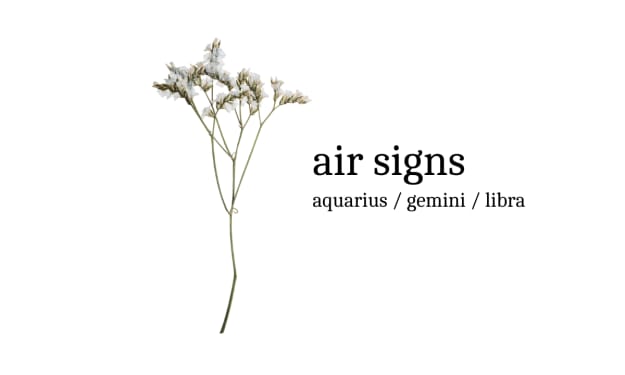Quartz Stone Believed In Its Incredible Properties
Quartz is a naturally occurring mineral that has been around since the beginning of life on Earth. It is a hard, non-porous material that can withstand extreme temperatures. This makes it perfect for use in industrial applications.
Quartz stone is a type of rock that contains silicon dioxide (SiO2). It is used in many industries including construction, agriculture, and even medicine. Quartz is a naturally occurring mineral that has been around since the beginning of life on Earth. It is a hard, non-porous material that can withstand extreme temperatures. This makes it perfect for use in industrial applications.
What are the characteristics of quartz stone?
Quartz stone is a type of rock that contains silicon dioxide (SiO2) and oxygen. It is used in many industries, including construction, agriculture, and medicine. Quartz has been used since ancient times due to its unique properties.
The most common types of quartz include:
• Feldspar - This is a form of quartz that is rich in silica. Feldspars have high heat-resistance and can withstand temperatures up to 1,200 degrees Fahrenheit. They are often used in glass manufacturing.
• Sandstone - This is a sedimentary rock composed of sand grains and clay minerals. Sandstones are porous and can absorb water. They are commonly used in building construction.
• Slate - This is a hard, dense, dark green variety of quartz. Slates are used in roofing and countertops.
• Granite - This is a metamorphic rock that forms from igneous rocks under extreme pressure and temperature. Granites are usually black or brown in color. They are used in kitchen counters and bathroom sinks.
Where is the most quartz stone found?
- Australia
- USA
- Canada
- China
- India
- Russia
How to measure quartz stone?
Measuring Quartz Stone
Quartz stones are used to measure the quality of water. They can be used to determine how much calcium and magnesium ions are present in the water. This helps us understand how well our crops are being watered.
How to Measure Quartz Stones?
To measure the quality of water, we need to use a scale that measures in milligrams per liter (mg/L). We then take a sample of the water and put it into a container with a known volume of water. Then we weigh out the amount of water in grams. Once this has been done, we divide the weight of the water in grams by the volume of water in liters.
What is the best way to clean quartz stones?
The best way to clean quartz is to boil them in water. Boiling removes any impurities from the stones. After boiling, let the stones cool down before using them again.
What are the benefits of quartz stone?
Quartz stone has been used for thousands of years due to its many beneficial properties. Quartz is a mineral that is abundant in nature and can be found in almost any rock type. In fact, it makes up over 50% of the Earth's crust! It is a natural insulator against electromagnetic radiation and helps regulate body temperature. It is also known to help balance hormones and reduce stress levels.
Quartz is known to have healing properties and can help to cleanse the body of toxins that build up over time. It helps to keep your skin healthy and beautiful, and it can even improve your memory!
Quartz stone is often used in meditation and yoga practice since it helps to bring peace to the mind and body. It is said to increase energy levels and enhance concentration.
Quartz stone is great for those who want to start their own business and become financially independent. It brings prosperity into your life and allows you to live freely.
It is also good for people who suffer from insomnia.
Is quartz stone beneficial for soil?
The top three benefits of quartz include:
-Water retention. Water flows easily through quartz, keeping your soil evenly moist.
-Mineralization. Quartz helps keep minerals like calcium, magnesium, iron and manganese in your soil. This adds nutrition to your soil.
-Organic matter. Organic matter (like compost) helps add nutrients and moisture to the soil.
-Gardening. Gardening helps improve the health of the soil. Gardening also helps reduce erosion by building pathways and preventing runoff.
About the Creator
Writer Tiger
I write articles on Psychology, Technology, Blockchain and information. Most of my time is spent researching and getting the right information.







Comments
There are no comments for this story
Be the first to respond and start the conversation.